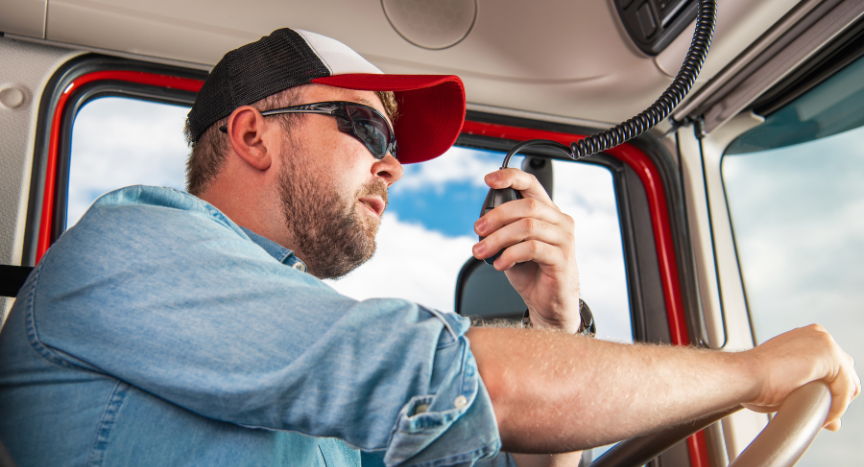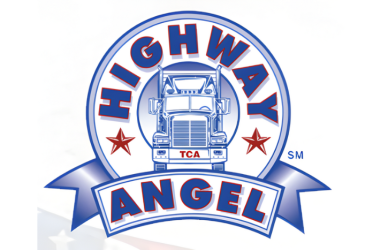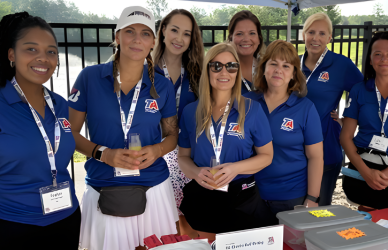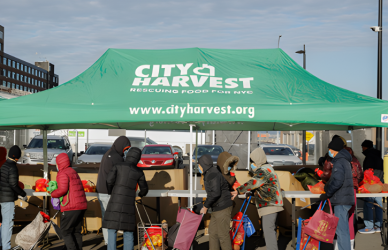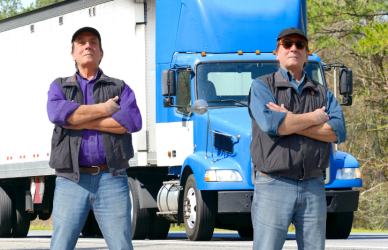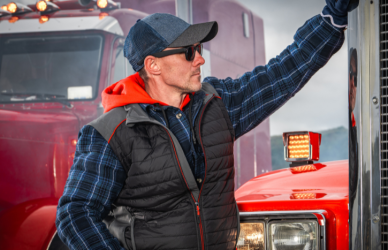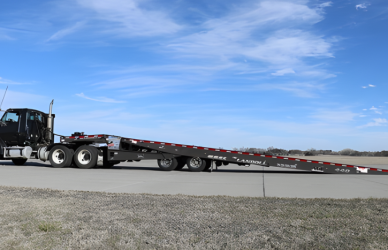Trucking has always had its own culture, and at the heart of it is the unmistakable language of CB radio slang. What started as a necessity for truckers to communicate quickly on the road evolved into an entire language of phrases, codes, and inside jokes. But where did this slang come from, and is it still relevant today? Let’s dive into the origins, evolution, and modern-day usage of CB radio slang in the trucking space.
The Origins of CB Radio Slang
CB (Citizens Band) radio became widely popular among truckers in the 1970s, especially after the oil crisis led to strict fuel regulations and a nationwide speed limit of 55 mph. Truckers, frustrated with these new restrictions, used CB radios to warn each other about speed traps, road hazards, and weigh stations. This underground network of drivers soon developed its own shorthand, allowing for quick and discreet communication over the airwaves.
The influence of trucker movies like Smokey and the Bandit (1977) and Convoy (1978) propelled CB radio slang into mainstream culture, but the slang itself had already been in use for years. Phrases like “Smokey” (a police officer, referring to the Smokey Bear hats worn by state troopers) and “10-4” (meaning “message received”) became household terms.
Classic CB Radio Slang and Their Meanings
CB slang is a mix of numerical codes, humor, and creative wordplay. Here are some of the most iconic terms truckers have used over the years:
- 10-4 – Message received, understood.
- Bear Trap – Speed trap set by law enforcement.
- Evil Knievel – A police officer on a motorcycle.
- Parking Lot – A traffic jam.
- Chicken Coop – A weigh station.
- Hammer Down – Driving at full speed.
- Breaker 1-9 – Calling for communication on CB channel 19, the most commonly used frequency for truckers.
These terms created an efficient way for truckers to communicate while also adding a layer of camaraderie among long-haul drivers.
The Decline (and Revival) of CB Slang
With the rise of cell phones, GPS systems, and modern trucking technology, CB radios aren’t as essential as they once were. Many younger truckers rely on mobile apps like Trucker Path and Waze to get real-time traffic updates instead of tuning into Channel 19. As a result, classic CB slang isn’t heard as frequently on the road today.
However, that doesn’t mean CB slang is dead. Many truckers still use it out of tradition, and in some cases, it’s making a comeback. Online trucking forums and social media groups are keeping the language alive, often using CB slang humorously in memes and conversations. In fact, hashtags like #10FourGoodBuddy and #HammerDown are still trending within the trucking community.
Is CB Radio Still Relevant for Truckers?
Despite the decline in slang usage, CB radios remain an important tool for truckers. Unlike cell phones, CB radios don’t rely on cell service, making them invaluable in remote areas where signal loss is common. They’re also a go-to for truckers needing immediate updates about accidents, road closures, or nearby hazards.
Many veteran drivers encourage rookies to at least learn the basics of CB communication because, in certain situations, it can be the fastest way to relay critical information.
The Future of CB Slang
While some of the classic slang may fade, new trucking lingo is always emerging. With trucking memes and online forums keeping the humor alive, CB slang might just be evolving rather than disappearing. Who knows? The next generation of truckers may come up with their own version of CB codes, blending old-school radio talk with modern-day digital communication.


